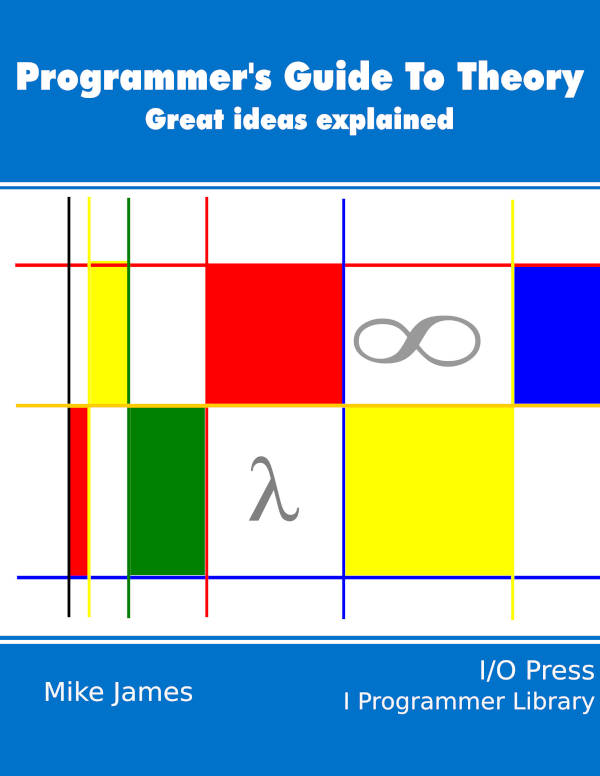| Programmer's Guide To Theory - Lambda Calculus |
| Written by Mike James | |||||
| Monday, 01 January 2024 | |||||
Page 4 of 4
The role of lambda in programmingNow we get to a difficult part. Why is this very theoretical idea turning up in highly practical programming languages? It turns up in functional languages because the ideas fit together - Lambda calculus is a functional programming language. In other languages it turns up because it provides a simple way of defining anonymous functions that can be passed to other functions. In a language that has functions as first class objects, i.e. where functions are objects and can be passed as parameters to other functions, then there is no real need of anything like a lambda expression. Even languages as simple as JavaScript don't really need to call anything a lambda expression, because all functions are first class objects and an anonymous function is just one you don't bother assigning to a variable. In languages such as Java and C# functions only occur as members of objects. There aren't such things as free floating functions that don't belong to some object, hence there cannot be anything like an anonymous function. To avoid adding functions as objects in their own right you have to introduce something that looks like a lambda expression with a function head that defines the parameters and a function body that defines what to do with the parameters to obtain a result. Notice that any lambda expression defined as part of a programming language goes well beyond what we have discussed here - in particular the variables store complex data types and the standard operations are defined. While it is true that all of these things could be reduced to formal lambda expressions, this isn't of much interest to the practicing programmer, nor should it be. So the lambda expressions that you meet in object-oriented languages really don't have that much to do with the Lambda calculus, and not that much to do with the grammar of lambda expressions. They are just anonymous functions that you can pass to other functions and a way of avoiding the need to implement functions as objects. Summary
Related ArticlesJavascript Jems - Lambda expressions A Programmers Guide To Theory
Now available as a paperback and ebook from Amazon.
Contents
<ASIN:1871962439> <ASIN:1871962587> To be informed about new articles on I Programmer, sign up for our weekly newsletter, subscribe to the RSS feed and follow us on Twitter, Facebook or Linkedin.
Comments
or email your comment to: comments@i-programmer.info |
|||||
| Last Updated ( Wednesday, 24 January 2024 ) |


